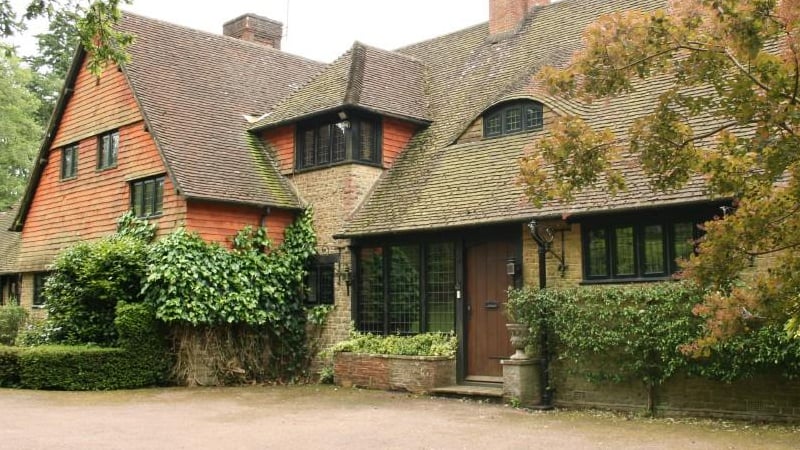Property tax specialist firm Cornerstone Tax has won a case against HMRC in a dispute over a Stamp Duty bill reduction totalling £225,000.
This follows HMRC’s objection to a claimed saving in Stamp Duty based on the ‘mixed used’ status of a property where woodlands were included.
Six-bed property
Cornerstone’s client, who hails from a perfume dynasty, in January 2021 acquired the six-bedroom £3.16 million detached house (pictured) set in 16.6 acres of land near Petersfield in Hampshire with a triple garage, outbuildings, four acres of formal gardens and 12 acres of mature woodland bought via Knight Frank. A brochure provided by the estate agency was used as evidence during the tribunal hearing.
By claiming mixed use for this transaction, Cornerstone has now been able to help secure £225,000 in savings. The firm says this victory provides further scrutiny about the definition of ‘mixed use’ for SDLT, which is normally used when properties have annexes and other outbuildings. If the owner of the property had failed in her bid to have the duty reduced, it would have been £372,750, tribunal records show.
HMRC objected
HMRC objected to the claim, and the case went to appeal on the issue of whether the woodland, which can be used by public via several footpaths, formed part of the ‘garden and grounds’ of the dwelling house.
The first tier tribunal looked at evidence including the general public access through the woodland with no walls or fencing, and that it had become a favourite spot for the local community.
The footpaths established by right over a period of time, although the public used the woodland freely, and was not restricted to the footpaths.
Tribunal decision
Along with other residents, Cornerstone’s client was also liable to make payments to maintain the woodland, and abide by the decisions of the management company.
The tribunal concluded that the woods did not form a positive function to the dwelling house and decided in favour of the appellants.

